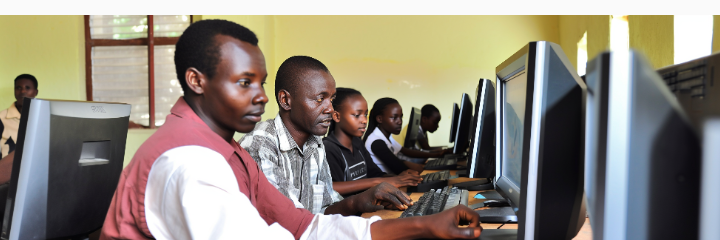85% of Nigerian graduates have no digital skills – Report
More than 85 per cent of Nigeria’s graduates have no digital skills, a survey by GetBundi, an online education technology outfit, has shown.
The outcome of the survey, according to Mr Osita Oparaugo, the Chief Executive Officer of the outfit, shows that more than 100 million young people are not prepared to take up good job opportunities that require such modern skills.
“There is an overwhelming digital skills gap that has been linked to the high unemployment rate in Nigeria.
“The lack of digital skills has been named as a major reason why many graduates produced yearly from the country’s tertiary institutions are unable to secure employment in the labour market,” he pointed out in a statement in Lagos.
To buttress the point, Oparaugo said that a 2023 survey conducted by GetBundi Science, Technology, Engineering and Mathematics (STEM), and Digital Skill Education Technology Company involving 100 NYSC members showed that only 19 of them had any form of digital skill.
“Even that skill was mostly Microsoft Excel and basic knowledge.
“All of the seven that had basic knowledge of programming, machine learning and data science studied outside Nigeria – five in the UK, one in the United States and one in Malaysia.
“Most of them are active on social media as 89 have active Instagram, Facebook, and Twitter accounts, and 11 have LinkedIn accounts.
“However, they have little or no knowledge of any digital skills. About 15 carry one form of science-based field certificate or the other but have no practical knowledge when tested in their areas of study.
“This situation, at a time when digital skills rule the world, is worrisome, though the young people are not entirely to blame.
“The education system takes a huge chunk of the blame. The education system has often been criticised, and rightly, for not being updated with the rapidly evolving digital landscape.
“The curriculum used in many Nigerian universities and other tertiary institutions is outdated and does not adequately cover the practical aspect of relevant digital skills.
“Practical digital skills that would better prepare the youths for jobs and self-employment are all lacking in the current education system.”
He argued that the government had recognised the need to address this issue and took steps to promote digital literacy and skill development among youths.









